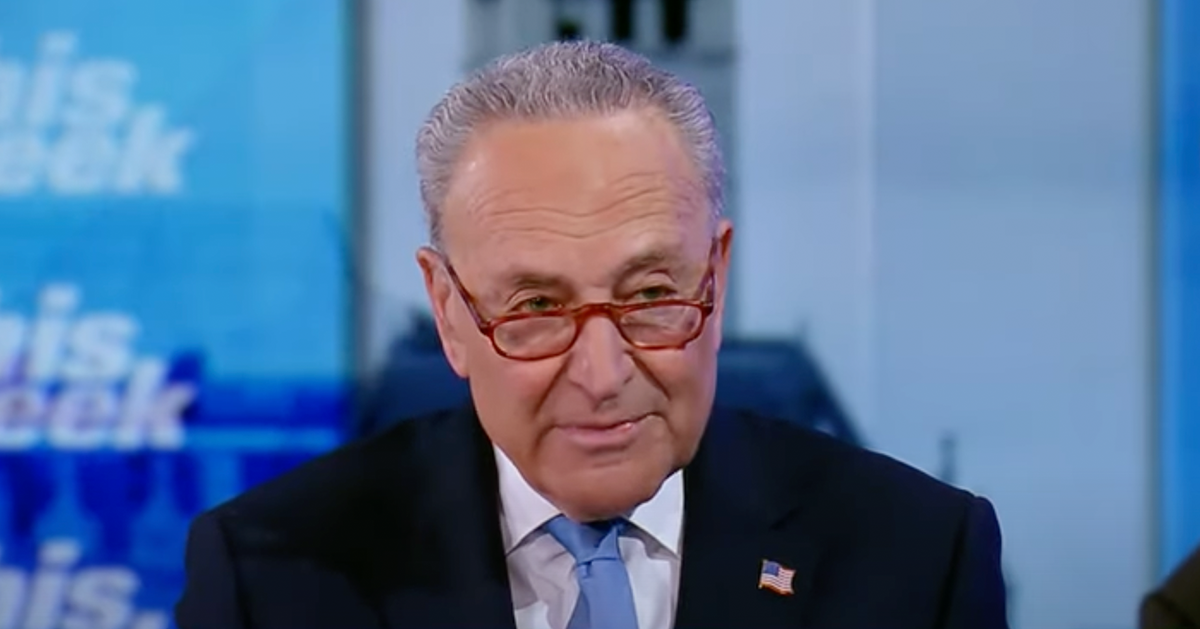Judge Strikes Down FTC Noncompete Ban, Delivering Blow to Biden Economic Agenda
A federal judge has overturned a Federal Trade Commission (FTC) rule that sought to ban noncompete agreements.
Texas Judge Ada Brown ruled that the FTC does not possess the authority to implement such a sweeping rule, and the decision represents a major obstacle for the Biden administration’s employment reform initiatives, as the National Review reports.
The ruling came as a blow to FTC Chair Lina Khan's ambitious antitrust agenda, which included the noncompete ban as a critical component. This ban was designed to prevent businesses from restricting employees' ability to work for competitors after leaving a job.
Texas Judge Cites FTC's Lack of Authority
On Tuesday, Judge Brown issued her ruling, arguing that the FTC overstepped its legal boundaries by attempting to impose a nationwide ban on noncompete agreements. She emphasized that the Commission did not provide sufficient evidence to justify the need for such a broad prohibition.
According to Brown, the rule was "arbitrary and capricious" because it targeted all noncompete agreements rather than focusing on those deemed harmful.
The FTC had planned to implement the rule next month following a vote by the agency earlier this year. The ban was anticipated to generate significant economic changes, with the FTC estimating that it could lead to the creation of over 8,000 new businesses annually and spur innovation through the production of tens of thousands of new patents.
Lawsuit Led by U.S. Chamber of Commerce
The challenge to the FTC’s rule was spearheaded by the U.S. Chamber of Commerce, tax firm Ryan LLC, and several other plaintiffs. Ryan LLC initiated the lawsuit immediately after the FTC commissioners voted 3-2 along partisan lines to enact the noncompete ban.
Judge Brown had previously placed a temporary hold on the rule last month, preventing it from taking effect as scheduled. Her final ruling now permanently halts the implementation of the ban, barring further legal action.
FTC Faces Criticism and Contemplates Appeal
The FTC’s rule was a part of Khan's broader strategy to reshape U.S. antitrust enforcement. However, Khan has faced criticism from various sectors for what some describe as an overreach of the Commission’s authority. Critics argue that the FTC’s actions, including the noncompete ban, interfere with market dynamics and could negatively impact businesses and workers.
Following the ruling, FTC spokesperson Victoria Graham expressed the agency's disappointment with Judge Brown's decision. "We are disappointed by Judge Brown’s decision and will keep fighting to stop noncompetes that restrict the economic liberty of hardworking Americans, hamper economic growth, limit innovation, and depress wages," Graham said.
She also indicated that the FTC is considering a potential appeal, emphasizing that the ruling does not prevent the Commission from pursuing case-by-case enforcement actions against noncompete agreements that it deems harmful.
Supporters and Opponents of the Noncompete Ban
Proponents of the FTC's noncompete ban argue that such agreements stifle competition and limit economic opportunities for workers. The FTC highlighted the success of California's state-level ban on noncompetes, crediting it with fostering the growth of Silicon Valley's tech sector.
On the other hand, opponents of the ban, including the U.S. Chamber of Commerce, view the rule as an unlawful extension of the FTC's power. Chamber of Commerce CEO Suzanne P. Clark celebrated the ruling, calling it "a significant win in the Chamber’s fight against government micromanagement of business decisions."
Clark further argued that the FTC's ban would have put American workers, businesses, and the economy at a competitive disadvantage by restricting the use of noncompete agreements that some businesses rely on to protect their intellectual property and trade secrets.
Future of Noncompete Agreements Remains Uncertain
The future of noncompete agreements in the United States remains uncertain following Judge Brown's ruling. While the FTC may pursue an appeal, the current decision leaves the status of noncompetes largely in the hands of individual states and the courts.
With an estimated 30 million Americans currently bound by noncompete agreements, the impact of this ruling could be far-reaching. For now, businesses and employees alike will have to navigate the complex landscape of noncompete laws without the overarching federal regulation that the FTC sought to implement.
In conclusion, Judge Brown's decision to strike down the FTC's noncompete ban marks a pivotal moment in the ongoing debate over the regulation of employment practices in the U.S.
While the ruling is a clear victory for those opposing the ban, the FTC's response and potential appeal could continue to shape the legal and economic landscape in the months to come.






